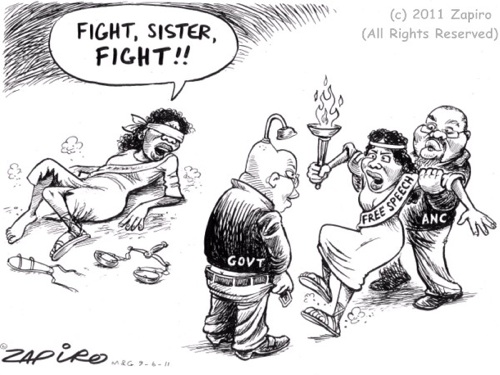Partying at a funeral
Friday, July 29th, 2011 by Lenard KamwendoGone are days when people would cry their lungs out to express their emotions for the loss of a loved one. Instead, as way of celebrating the life of a loved one who has passed on, people have now resorted to lightening the occasion with some music leading into a party. When I was growing up funerals were associated with somber church hymns and sad faces. Laughing at a funeral was taboo because one was expected to be mourning. I remember back in 2001 my Uncle had a nasty fight with my Aunt after they attended a funeral in the low-density suburbs of Harare. By the slip of the tongue my aunt was overheard telling her friends that she really enjoyed the funeral to the extent that it looked like a wedding … “Asikana takafara zvekuti nhamo yanga yoita kunge muchato, taingoti kana toda chikafu tongo shevedzera waiter ouya nacho” … meaning we really enjoyed ourselves and one could think it was a wedding because there was catering service at the funeral. I wouldn’t blame my aunt for being unAfrican or for saying those things because coming from the high-density suburbs she expected to see grieving people wearing sad faces just like any funeral she had previously attended.
In Zimbabwean culture one is not supposed say you enjoyed the funeral no matter how much fun you had. But with changing times and the embracing of other cultures, funerals are now places where one can put on dancing shoes and place your favourite music request from the master of ceremonies. In a similar scenario Jimmy Jimalo, the young brother of Philip Chiyangwa, before he died asked for a live band and a party at his funeral. Music promotion was his business and as a nice farewell Sulumani Chimbetu gave a stunning performance. To some people this sounds like showing off or an extravagance but to some they call it changing times and a befitting sent-off.










